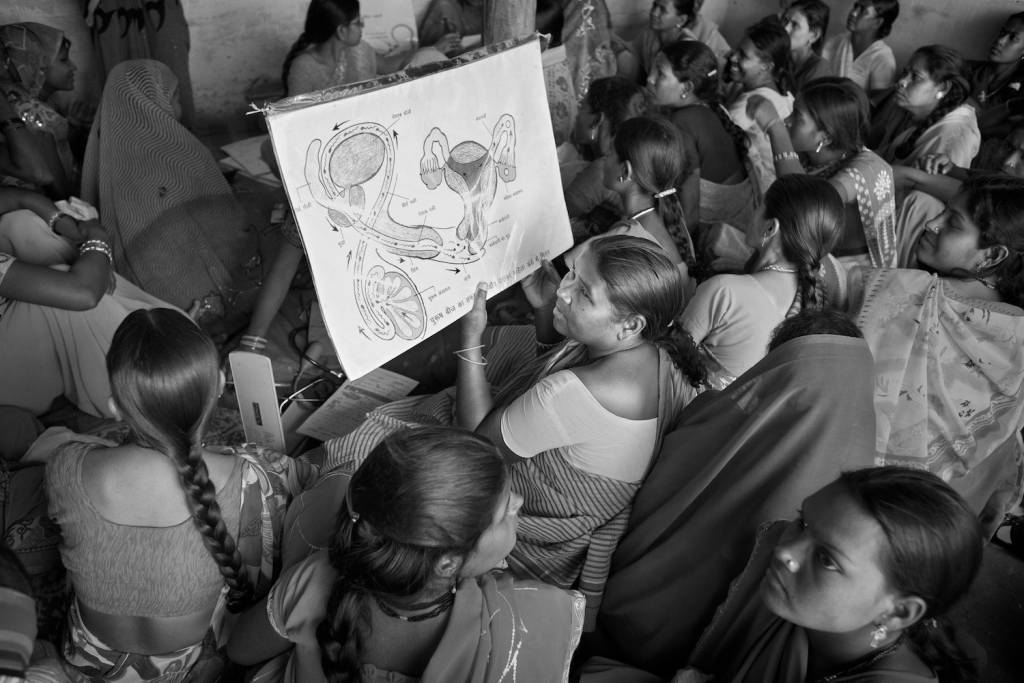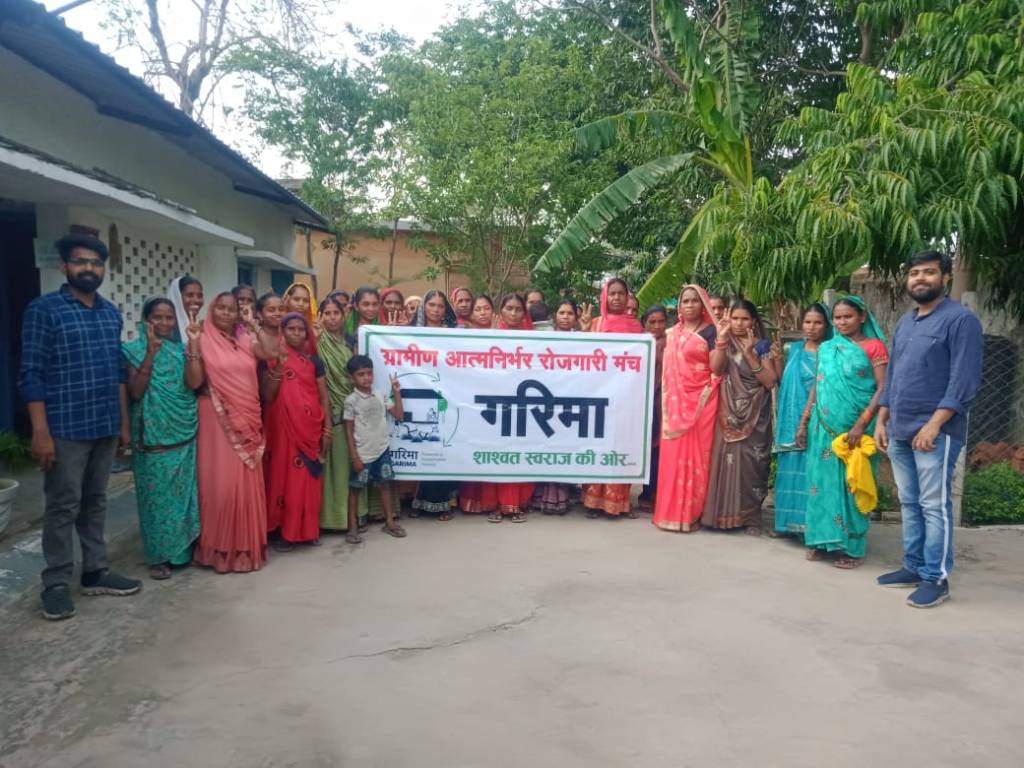THE LAUREATES
Innovation in Healthcare 2025
Innovation in Healthcare 2025
JAN SWASTHYA SAHYOG
Healing the Forgotten Frontiers: Jan Swasthya Sahyog’s Journey of Compassion

Two decades ago, deep within the forest-fringed villages of Bilaspur district in Chhattisgarh—where ancient tribal traditions thrive, but modern healthcare seldom reached—a quiet revolution began. Not in bustling hospitals or government offices, but through the compassionate resolve of a small group of young doctors freshly graduated from India’s premier medical institute, AIIMS Delhi.
In the late 1990s, doctors Yogesh Jain, Raman Kataria, Anurag Bhargava, Ramani Atkuri, Rajani Ved, and their colleagues faced a profound choice. While urban hospitals offered comfort and careers, their hearts yearned for places forgotten by modern medicine. Driven by ideals of equity and justice, they chose to create healthcare not as a privilege but as a fundamental right accessible to all, no matter how remote their homes.
Thus began Jan Swasthya Sahyog (JSS) in 2001, built humbly on the grounds of an abandoned irrigation colony in Ganiyari village. In those early days, challenges – lack of electricity, roads, clean water – only deepened their commitment. Understanding that conventional models couldn’t serve this disconnected region, they innovated tirelessly, training local women to become trusted village health workers. Armed with ingenious tools – a simple breath counter to detect pneumonia, a color-coded thermometer for fever – they gradually wove a network of compassionate care.
These village women emerged as powerful agents of transformation, visiting homes, diagnosing illnesses, facilitating safe childbirth, and linking remote hamlets to quality healthcare. As a result, within two decades, infant mortality halved, and institutional deliveries tripled. Communities once accustomed to helplessness now embraced hope and trust in modern medicine.

Yet, the founders understood healthcare alone was insufficient. Addressing the root causes of poverty, malnutrition, and sanitation, they established ‘Phulwaris’—nourishing crèches providing young children nutritious meals and care. Women-led self-help groups cultivated sustainable farming practices and local enterprises, fostering economic resilience and dignity.
At JSS’s core has always been relentless innovation, developing locally suited technologies such as solar-powered newborn warmers, low-cost sickle cell diagnostic kits, and accessible water purification systems. Each invention responded directly to local needs, ensuring genuine ownership and sustained use.
Today, this legacy thrives through a dedicated and dynamic team led by Dr. Raman Kataria and colleagues, who continue innovating, scaling, and expanding the mission with unwavering determination. Their work has drawn patients from hundreds of kilometers away, across Madhya Pradesh, Odisha, and West Bengal, turning their bustling 130-bed hospital into a beacon of high-quality healthcare.
Influencing critical public health policies like tuberculosis treatment, nutritional support programs, and sickle cell disease management, JSS’s impact transcends regional boundaries. Yet despite acclaim, JSS remains humbly rooted in the villages it serves, measured not by accolades but by the dignity, hope, and resilience restored to countless lives.
Jan Swasthya Sahyog stands as an enduring testament to what compassion and innovation can achieve together—a silent yet unstoppable revolution transforming lives through genuine care, dignity, and equity.




